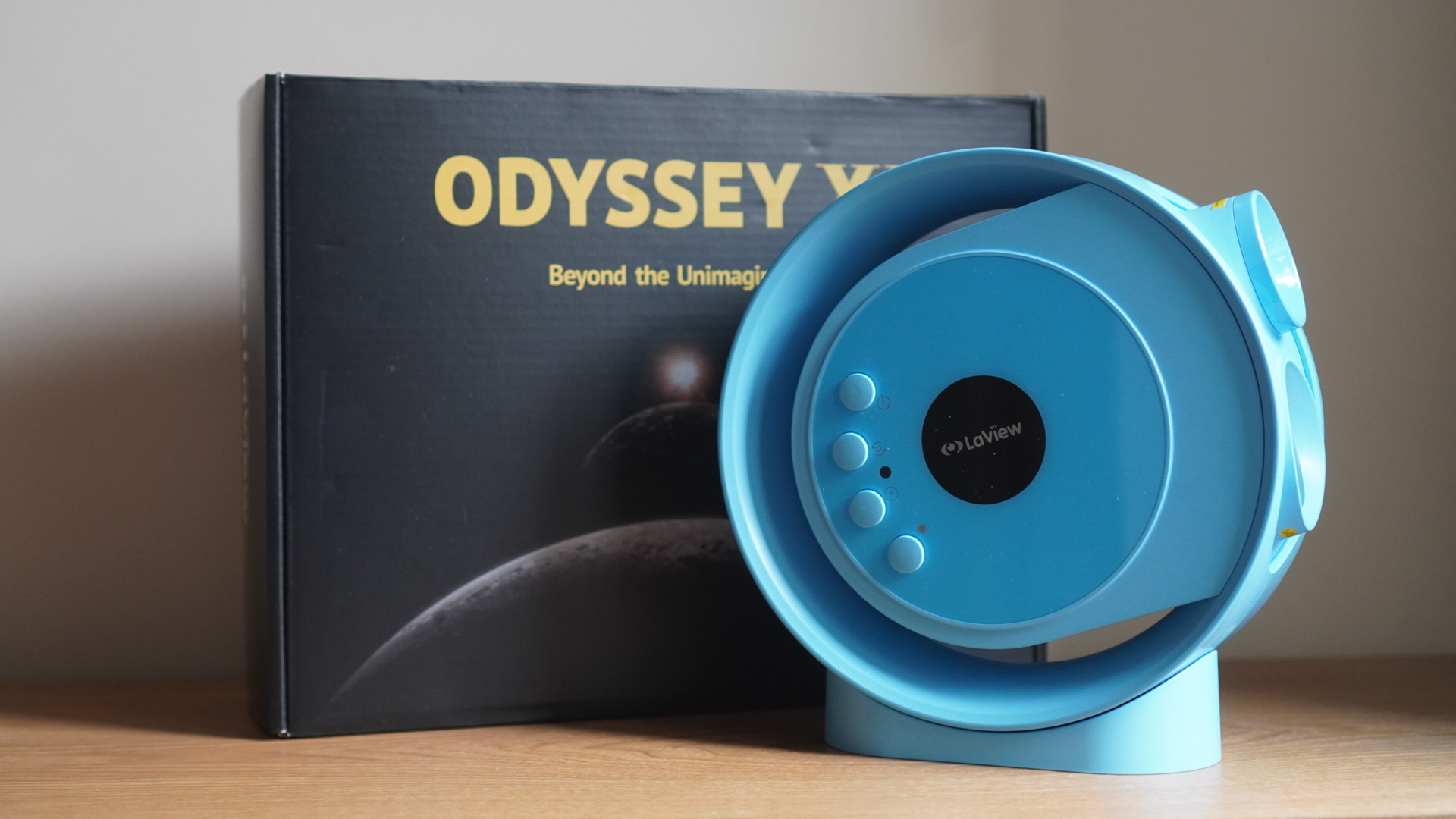Tinnitus often causes distress. A new app could help.
A new app could help make behavioral therapy aimed at easing distress from tinnitus more accessible, a small study suggests.

A new app that delivers a specialized form of talk therapy to users might help people cope with tinnitus, a small study shows.
Tinnitus, or persistent ringing in the ears, does not have a single cause, but it is often related to hearing loss; a recent study suggests the condition may stem from hard-to-detect nerve damage. Tinnitus can sometimes go away on its own over time, but in other cases, it worsens, with chronic cases lasting three months or longer. Various treatments can help people manage the condition, including cognitive behavioral therapy (CBT), a specialized form of talk therapy that focuses on identifying and changing distorted thought patterns and their associated behaviors.
In the new study, published Jan. 9 in the journal Frontiers in Audiology and Otology, researchers tested whether 28 people with tinnitus would respond to a form of CBT delivered via a chatbot-based app called MindEar. In some cases, the chatbot therapy was also paired with virtual sessions with a trained psychologist. With or without the psychologist, the participants saw noticeable improvement after using the app.
Previous research has "laid the groundwork to say yes, CBT is very good," Fatima Husain, a professor of speech and hearing science at the University of Illinois Urbana-Champaign who was not involved in the study, told Live Science. Now, this study is "leveraging technology to make it even more readily available and cost effective," she said.
Related: 1 billion teens and young adults risk hearing loss from listening devices
CBT does not change the sound of ringing that people with tinnitus experience, but it can help them adjust to and learn to live with the noise.
Not everyone with tinnitus is bothered by the ringing, but about 20% of those affected are distressed by the noise, Husain told Live Science. This leads to anxiety, depression and attention problems. In-person CBT can be expensive and difficult to access, but an app like MindEar could potentially reach more people, she said.
Get the world’s most fascinating discoveries delivered straight to your inbox.
In the new study, half of the participants received CBT treatment through the chatbot alone for eight weeks, while the other half also had online sessions with a clinical psychologist.
The participants also took several tests before, immediately after, and then two months after the treatment to evaluate their levels of distress, depression and anxiety related to their tinnitus.
Both treatment groups had a notable reduction in distress related to tinnitus, according to the survey they used, known as the tinnitus functional index. Immediately after treatment, the chatbot-only group had a 46% reduction in this measure, while the hybrid group had a 64% reduction. At the two-month follow-up, both groups saw a 64% reduction.
Although the participants indicated that the treatment didn't change their perception of the ringing, they reported that it helped them relax, maintain a sense of control, and sleep better.
Husain said she sees potential in apps like this to be even more accessible in their design. For instance, they could be translated into different languages, she suggested.
An obvious limitation of the study is its small size, Husain noted. She said she views the research as preliminary and a larger trial with hundreds of people should follow.
In addition, the authors noted that the study didn't have a control group that didn't receive treatment, as a point of comparison. In addition, the participants had mostly mild symptoms of anxiety and depression, making it difficult to say if this treatment would work well for people with more severe levels of distress.
Future studies might include brain scans along with the surveys the researchers used, Husain said. As a researcher who uses neuroimaging in her work, Husain said it might provide insight into how tinnitus and its treatment affect the brain.
"What I would like to see is what happens in the brain as [the treatment is] happening," she said.
This article is for informational purposes only and is not meant to offer medical advice.
Ever wonder why some people build muscle more easily than others or why freckles come out in the sun? Send us your questions about how the human body works to community@livescience.com with the subject line "Health Desk Q," and you may see your question answered on the website!

Rebecca Sohn is a freelance science writer. She writes about a variety of science, health and environmental topics, and is particularly interested in how science impacts people's lives. She has been an intern at CalMatters and STAT, as well as a science fellow at Mashable. Rebecca, a native of the Boston area, studied English literature and minored in music at Skidmore College in Upstate New York and later studied science journalism at New York University.
 Live Science Plus
Live Science Plus





